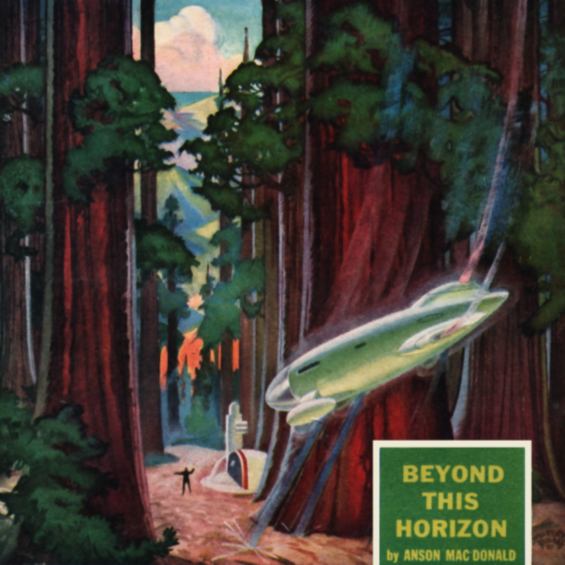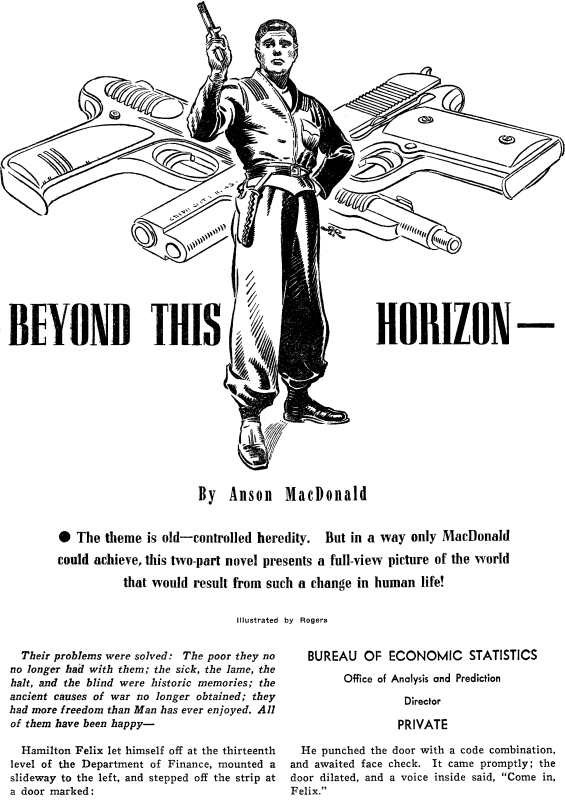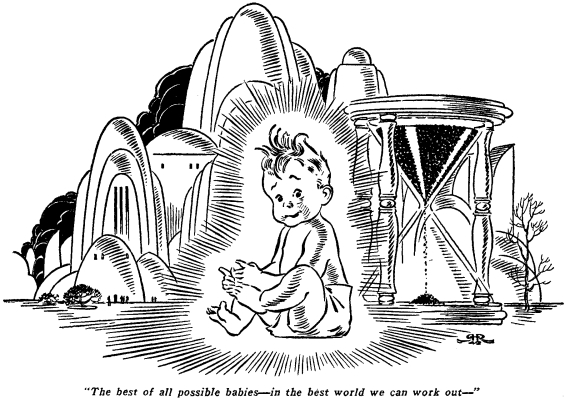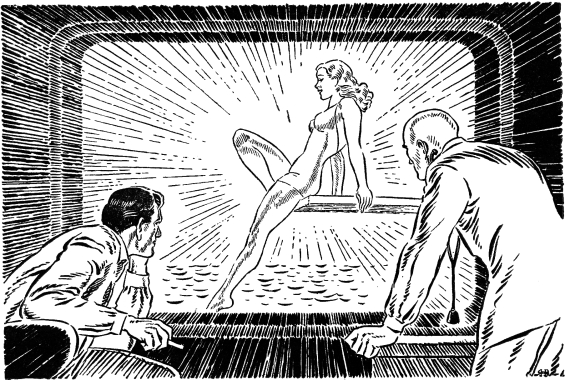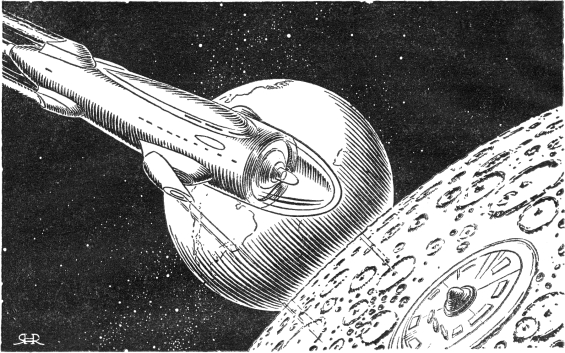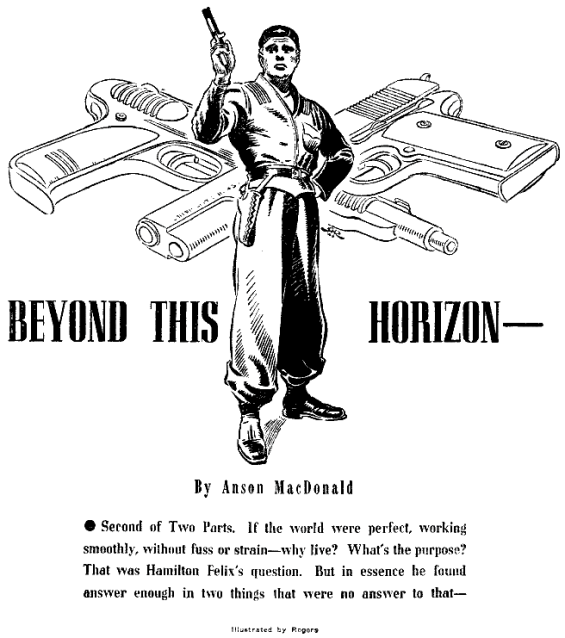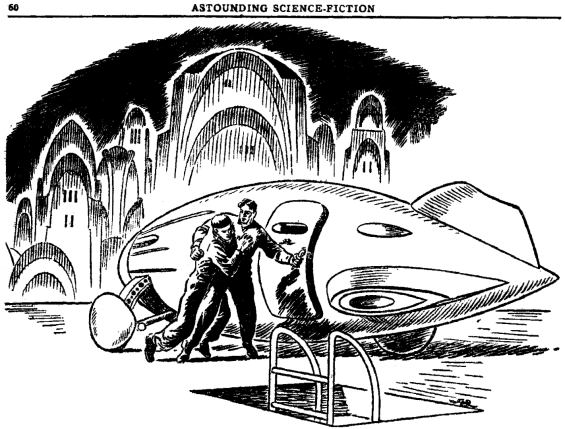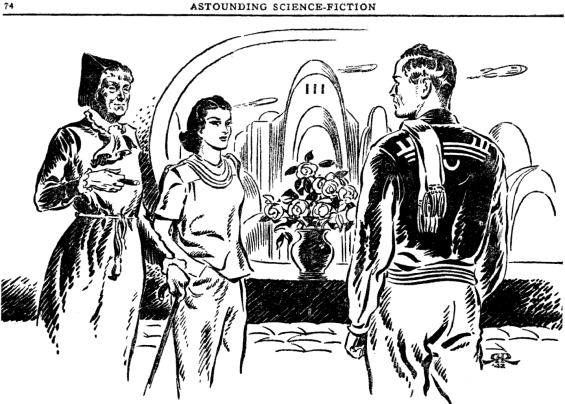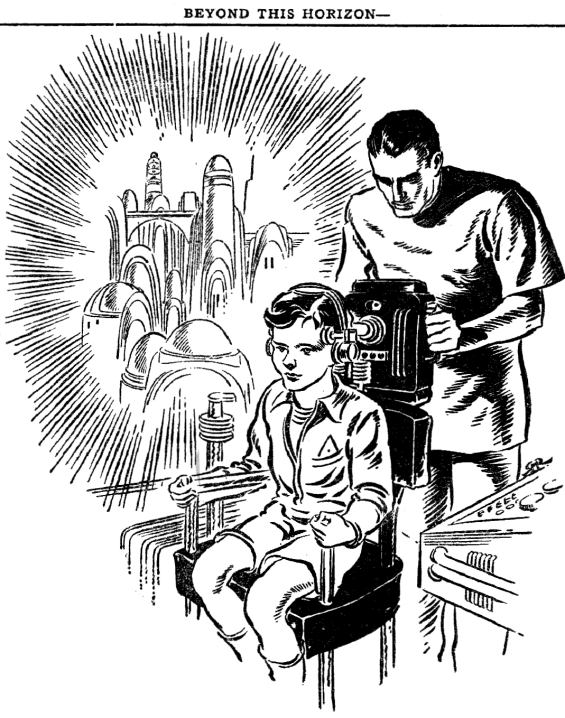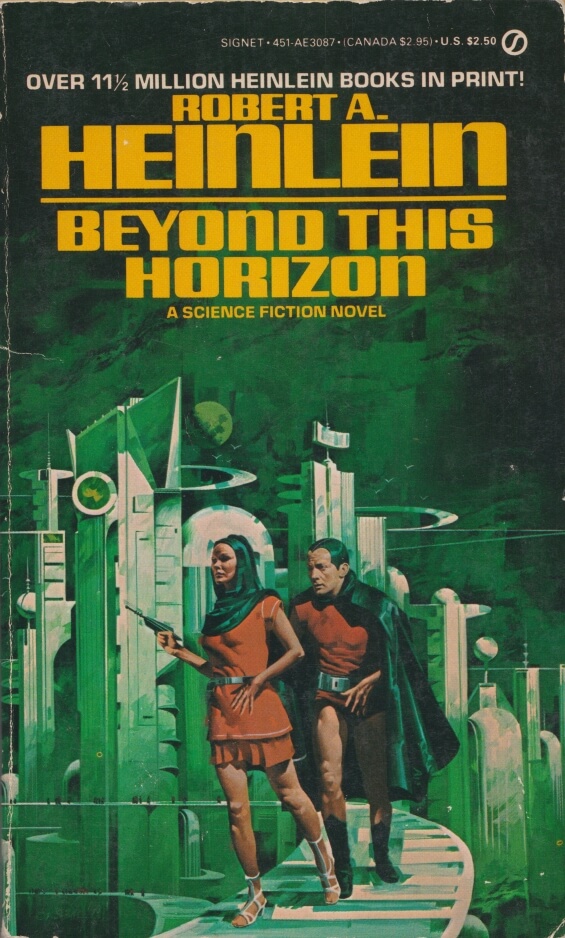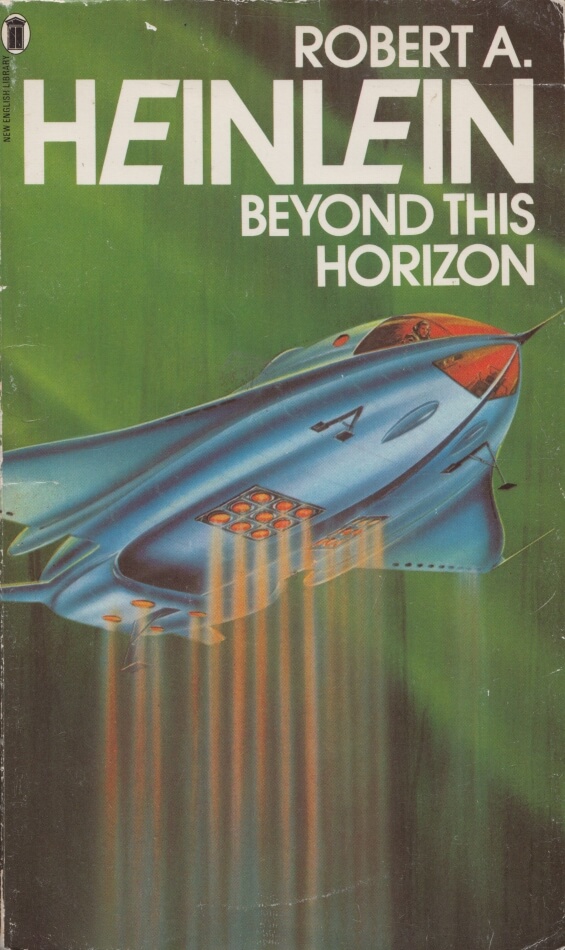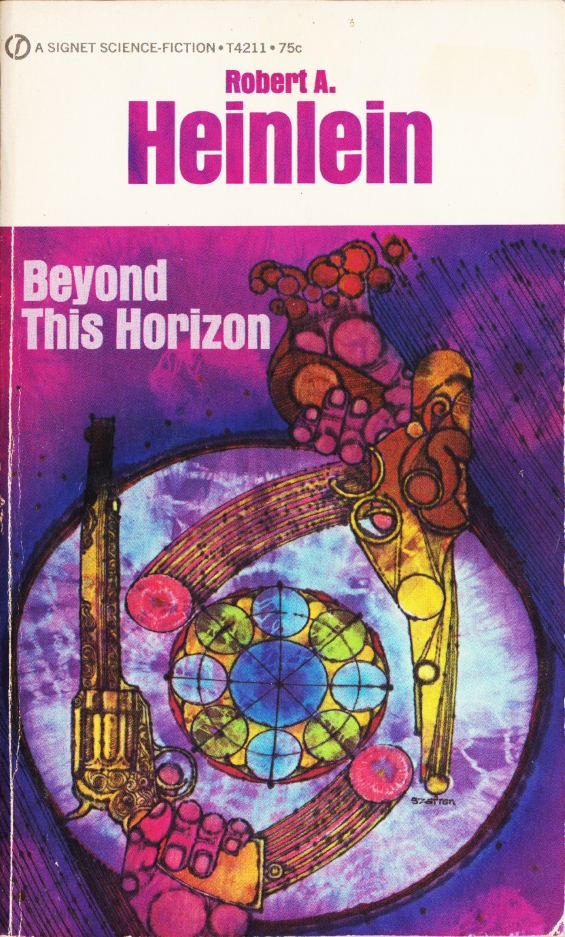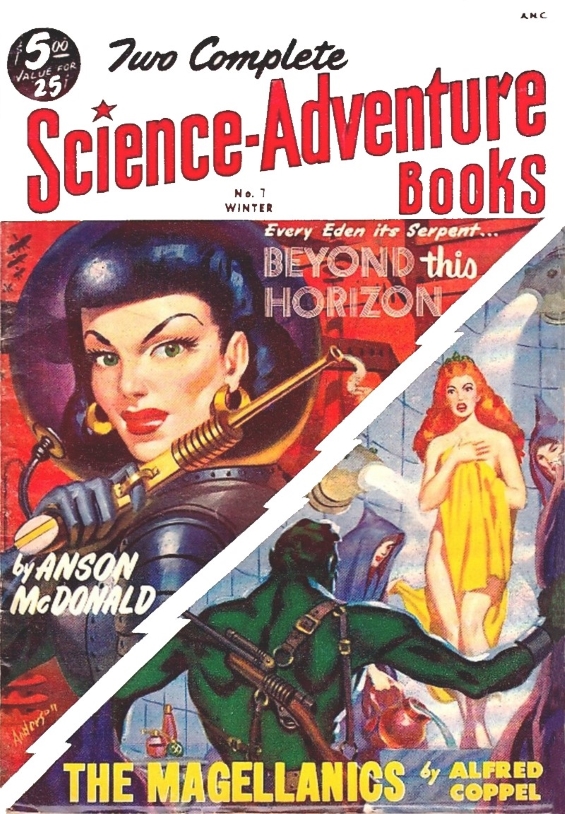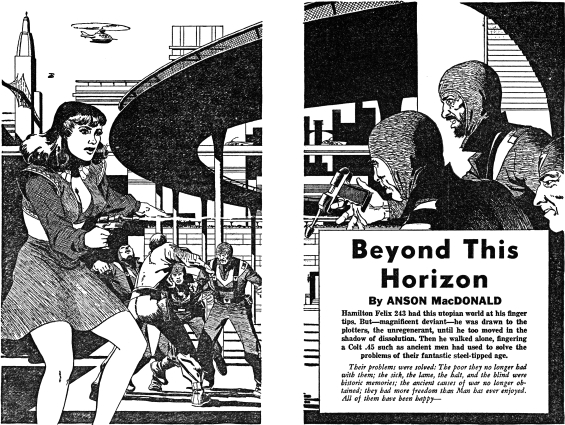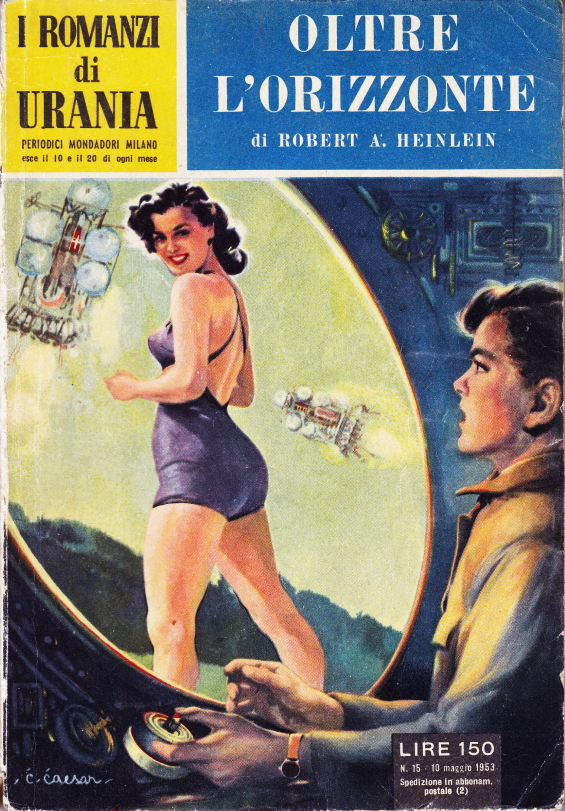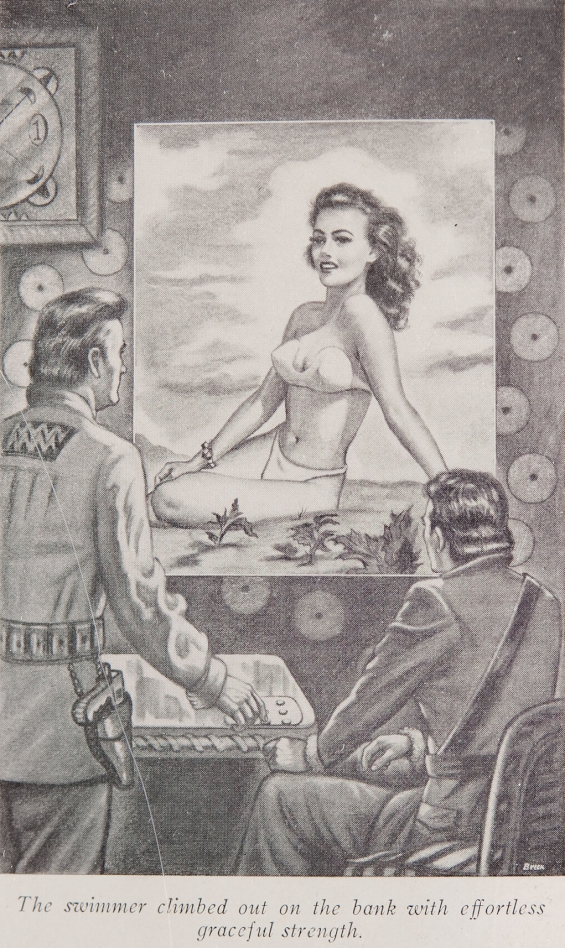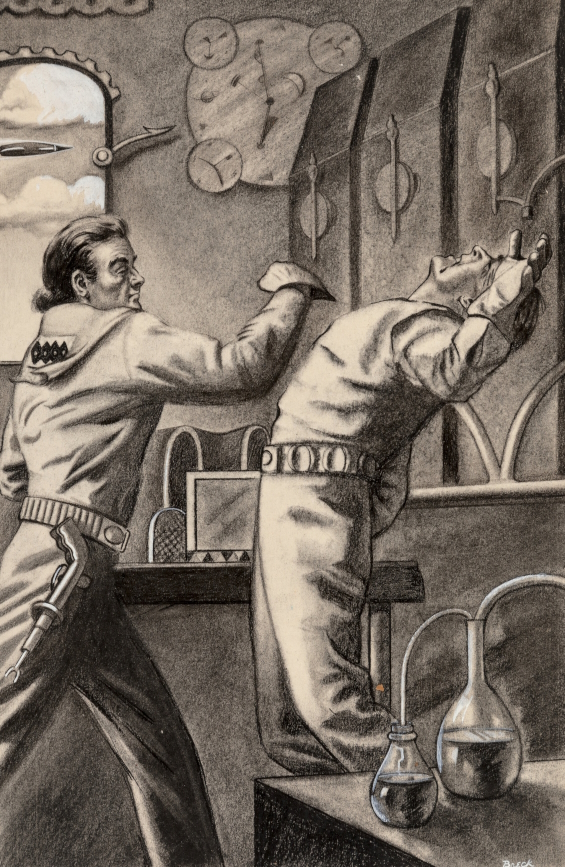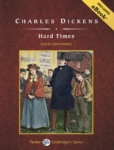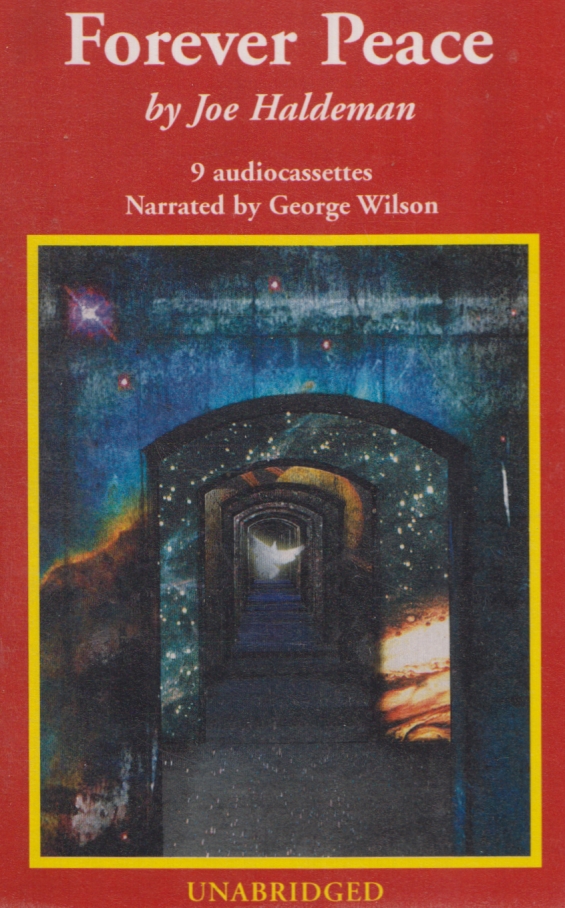
Brilliance Audio has released five new Philip K. Dick audiobooks, none ever audiobooked before, all novels, all available now!
 The Divine Invasion
The Divine Invasion
By Philip K. Dick; Read by Dick Hill
8 CDs – Approx. 9 Hours [UNABRIDGED]
Publisher: Brilliance Audio
Published: October 18, 2011
ISBN: 9781455814497
God is not dead: he has merely been exiled to an extraterrestrial planet. And it is on this planet that God meets Herb Asher and persuades him to help retake Earth from the demonic Belial. Featuring virtual reality, parallel worlds, and interstellar travel, The Divine Invasion blends philosophy and adventure in a way few authors can achieve. As the middle novel of Dick’s VALIS trilogy, The Divine Invasion plays a pivotal role in answering the questions raised by the first novel, expanding that world while exploring just how much anyone can really know — even God himself.
 Lies, Inc.
Lies, Inc.
By Philip K. Dick; Read by Luke Daniels
6 CDs – Approx. 7 Hours [UNABRIDGED]
Publisher: Brilliance Audio
Published: October 18, 2011
ISBN: 9781455814381
When catastrophic overpopulation threatens Earth, one company offers to teleport citizens to Whale’s Mouth, an allegedly pristine new home for happy and industrious émigrés. But there is one problem: the teleportation machine works in only one direction. When Rachmael ben Applebaum discovers that some of the footage of happy settlers may have been faked, he sets out on an eighteen-year journey to see if anyone wants to come back. Lies, Inc. is one of Philip K. Dick’s final novels, which he expanded from his novella The Unteleported Man shortly before his death. In its examination of totalitarianism, reality, and hallucination, it encompasses everything that Dick’s fans love about his oeuvre.
 Now Wait For Last Year
Now Wait For Last Year
By Philip K. Dick; Read by Luke Daniels
7 CDs – Approx. 8 Hours [UNABRIDGED]
Publisher: Brilliance Audio
Published: October 18, 2011
ISBN: 9781455814428
Earth is trapped in the crossfire of an unwinnable war between two alien civilizations. Its leader is perpetually on the verge of death. And on top of that, a new drug has just entered circulation — a drug that haphazardly sends its users traveling through time. In an attempt to escape his doomed marriage, Dr. Eric Sweetscent becomes caught up in all of it. But he has questions: Is Earth on the right side of the war? Is he supposed to heal Earth’s leader or keep him sick? And can he change the harrowing future that the drug has shown him?
 The Simulacra
The Simulacra
By Philip K. Dick; Read by Dick Hill
7 CDs – Approx. 9 Hours [UNABRIDGED]
Publisher: Brilliance Audio
Published: October 18, 2011
ISBN: 9781455814541
On a ravaged Earth, fate and circumstances bring together a disparate group of characters, including a fascist with dreams of a coup, a composer who plays his instrument with his mind, a First Lady who calls all the shots, and the world’s last practicing therapist. And they all must contend with an underclass that is beginning to ask a few too many questions, aided by a man called Loony Luke and his very persuasive pet alien. In classic Philip K. Dick fashion, The Simulacra combines time travel, psychotherapy, telekinesis, androids, and Neanderthal-like mutants to create a rousing, mind-bending story where there are conspiracies within conspiracies and nothing is ever what it seems.
 The Transmigration of Timothy Archer
The Transmigration of Timothy Archer
By Philip K. Dick; Read by Joyce Bean
7 CDs – Approx. 9 Hours [UNABRIDGED]
Publisher: Brilliance Audio
Published: October 18, 2011
ISBN: 9781455814558
The final book in Philip K. Dick’s VALIS trilogy, The Transmigration of Timothy Archer brings the author’s search for the identity and nature of God to a close. The novel follows Bishop Timothy Archer as he travels to Israel, ostensibly to examine ancient scrolls bearing the words of Christ. But more importantly, this leads him to examine the decisions he made during his life and how they may have contributed to the suicides of his mistress and son. This introspective book is one of Dick’s most philosophical and literary, delving into the mysteries of religion and of faith itself. As one of Dick’s final works, it also provides unique insight into the mind of a genius, whose work was still in the process of maturing at the time of his death.
Each of the above is currently available through Audible.com too.They’ve also got Dick’s non-fiction/memoir that’s been called “The Exegesis.” This comes as a kind of a surprise, even though we knew the paperbook was coming, this thing is massive, even edited, and may make for some very strange road trips. Here it is:
 The Exegesis Of Philip K. Dick
The Exegesis Of Philip K. Dick
Edited by Pamela Jackson and Jonathan Lethem; Read by Fred Stella
36 CDs – 44 Hours [UNABRIDGED]
Publisher: Brilliance Audio
Published: November 7, 2011
ISBN: 9781455814626
Based on thousands of pages of typed and handwritten notes, journal entries, letters, and story sketches, The Exegesis of Philip K. Dick is the magnificent and imaginative final work of an author who dedicated his life to questioning the nature of reality and perception, the malleability of space and time, and the relationship between the human and the divine. Edited and introduced by Pamela Jackson and Jonathan Lethem, this is the definitive presentation of Dick’s brilliant, and epic, work. In the Exegesis, Dick documents his eight-year attempt to fathom what he called “2-3-74,” a postmodern visionary experience of the entire universe “transformed into information.” In entries that sometimes ran to hundreds of pages, in a freewheeling voice that ranges through personal confession, esoteric scholarship, dream accounts, and fictional fugues, Dick tried to write his way into the heart of a cosmic mystery that tested his powers of imagination and invention to the limit. This volume, the culmination of many years of transcription and archival research, has been annotated by the editors and by a unique group of writers and scholars chosen to offer a range of views into one of the most improbable and mind-altering manuscripts ever brought to light.
Posted by Jesse Willis







